
What is new in research on cannabis?

What is new in research on cannabis?
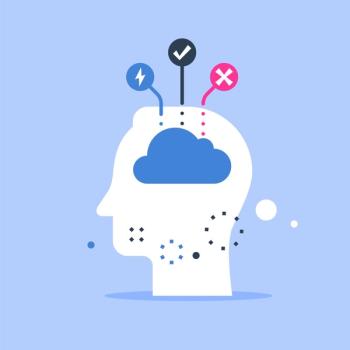
The screening tool includes multiple tests that assess memory, attention, executive function, reaction times, and motor function.
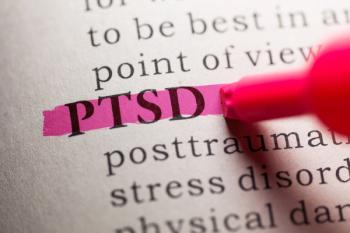
The therapy is the first self-neuromodulation device for PTSD approved by the US Food and Drug Administration.
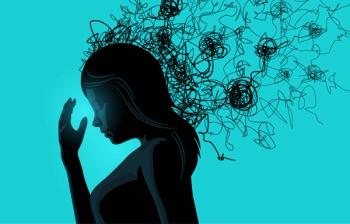
This trial aims to assess the safety, tolerability, pharmacokinetics, and pharmacodynamics of VLS-01 compared with intravenous DMT for treatment-resistant depression.

From personality disorders and common comorbidities to the effects of abortion bans on mental health, here are highlights from the week in Psychiatric Times.

What is new in research on ADHD?

Write to us now to be part of our series focused on mood disorders this month.
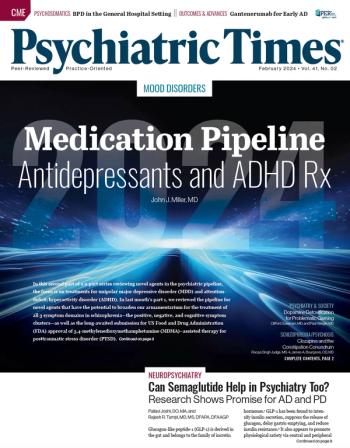
The experts weighed in on a wide variety of psychiatric issues for the February 2024 issue of Psychiatric Times.
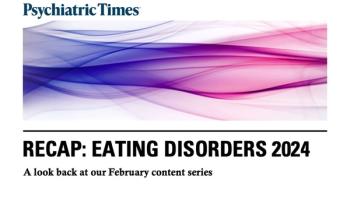
Here’s a look back at selections from our February content series on eating disorders.

Here are some updates from the world of psychiatry throughout the month of February.

Psychiatric Times discussed the recent research with Anne Marie O'Melia, MD, MS, FAAP, CEDS-S, of the Eating Recovery Center.

Psychiatric Times sat down with Erikka D. Taylor, MD, MPH, DFAACAP, of Project HEAL to discuss the unique challenges associated with treatment of eating disorders in this patient population.
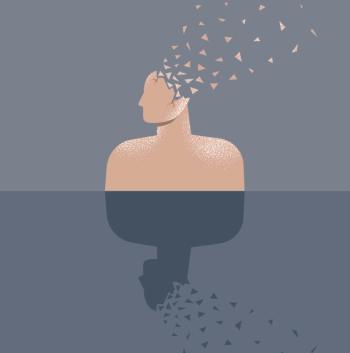
The CRL cited several areas for clinical improvement necessary for future approval of the treatment.

From connections between bipolar disorder and cardiometabolic issues to management of agitation in emergency departments, here are highlights from the week in Psychiatric Times.

What is new in research on eating disorders?

Formerly known as the Dean’s Council Diversity Excellence in Medicine Endowed Scholarship, the scholarship will honor Henrietta Lacks’ contributions to science and medicine.
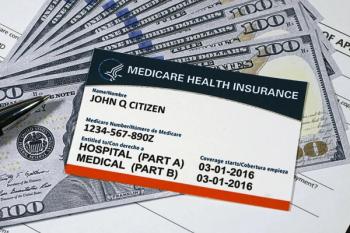
These partnerships aim to address the mental health needs of underserved populations, including individuals with clinical depression, anxiety, and mood disorders.
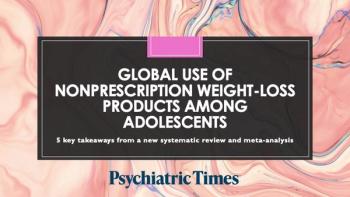
What does recent research tell us about use of nonprescription weight-loss products among teens?

From psychotherapy vs pharmacotherapy for depression in heart failure to an update on the 2024 medication pipeline for antidepressants and ADHD treatments, here are highlights from the week in Psychiatric Times.

What is new in research on schizophrenia?
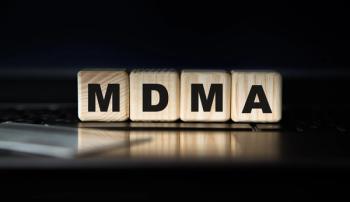
The treatment's PDUFA date is set for August 11, 2024.
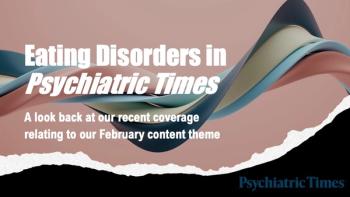
Take a look back at our recent coverage relating to our February content theme.

From pain and suicidality in patients with depression to digital mental health interventions for adolescents with eating disorders, here are highlights from the week in Psychiatric Times.

What is new in research on bipolar disorder?

The grant programs are aimed at supporting treatment services for pregnant and postpartum individuals and individuals involved in treatment drug courts.

From the impact of BMI on clinical features of bipolar disorder to FDA approval of the first integrated TMS system for MDD and OCD, here are highlights from the week in Psychiatric Times.

What is new in research on depression?
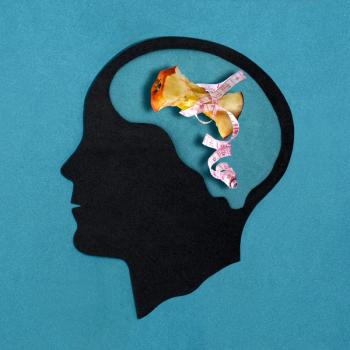
Write to us now to be part of our series focused on eating disorders this month.
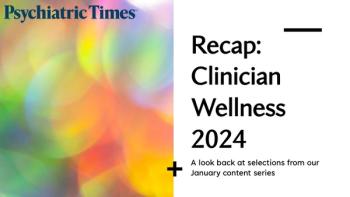
Here’s a look back at selections from our January content series on clinician wellness.

Here are some updates from the world of psychiatry throughout the month of January.